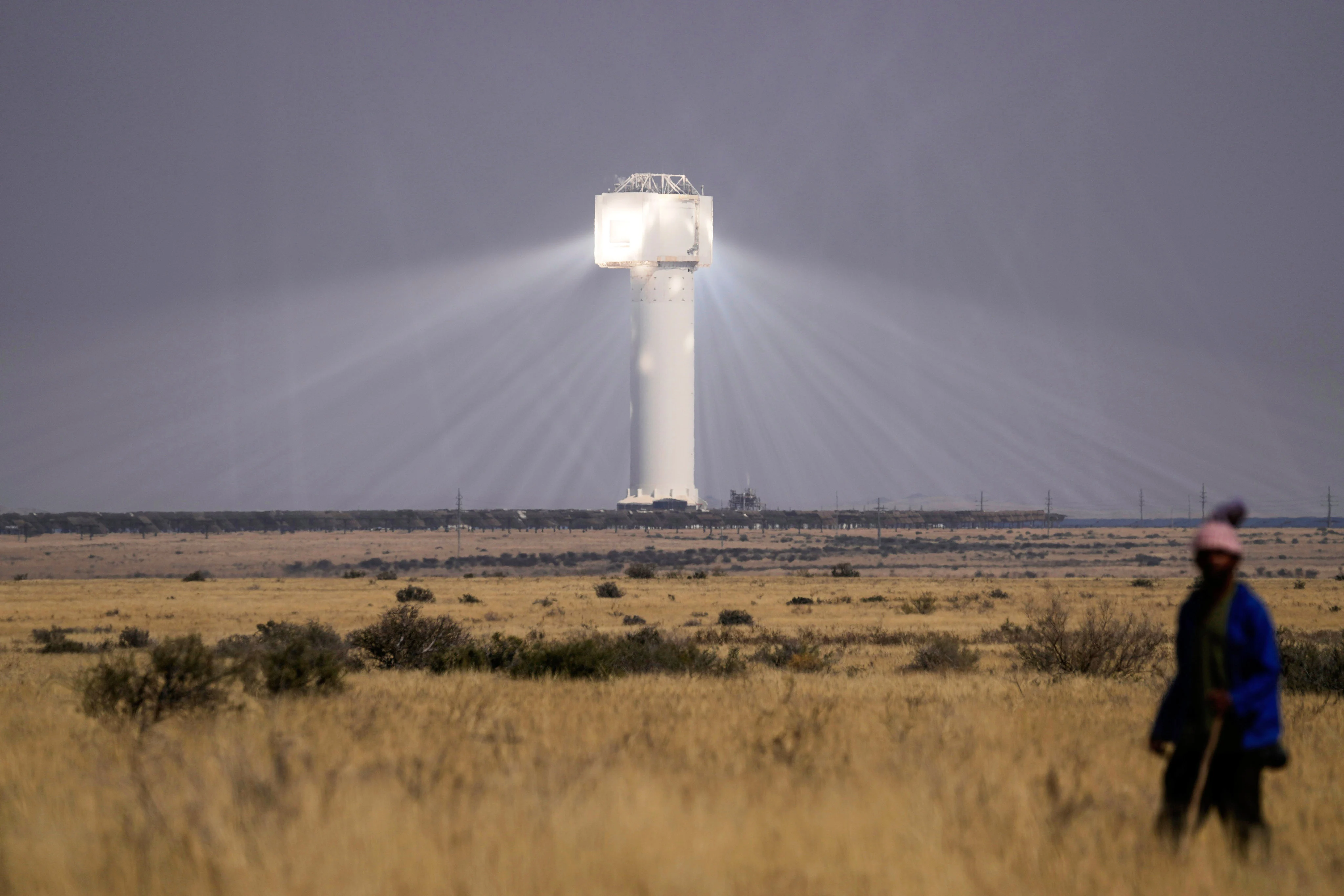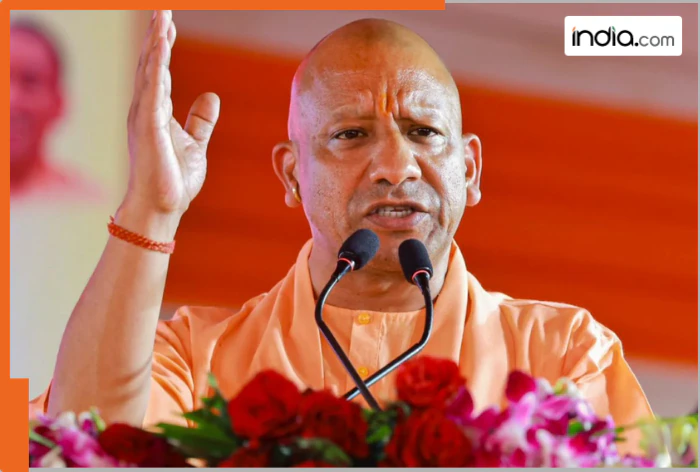By Jevans Nyabiage
Copyright scmp

African solar energy use is surging, with Chinese-made panels a common sight across the continent, on rooftops and in the massive renewable energy plants being built in countries such as Algeria and South Africa by companies from China.
An Oxford Economics study released on Monday showed the continent welcomed a record 9,516 megawatts worth of Chinese-made solar panels in the first seven months of this year, from just 6,625MW in the same period last year.
The trend reflects how Africa is increasingly turning to solar energy for homes and businesses as a way to connect those not served by the main power grid or to combat frequent power blackouts.
According to Oxford Economics, the imports are a useful measure of Africa’s increasing solar capacity, given China’s dominance in global production of the technology.
The surge is led by South Africa, Algeria and Nigeria, with imports to several other countries more than quadrupling year on year.
This is largely due to massive energy plants being developed by Chinese firms. In South Africa, for example, PowerChina is building the 342MW De Aar Central Solar Power Plant.
In Algeria, PowerChina and China State Construction Engineering Corporation are building large-scale solar projects in the middle of the desert, including a 220MW plant in Biskra and a 200MW facility in El M’Ghair.
The study noted that while the continent still had a long way to go to provide reliable and cheap electricity for all, the recent upward trend of solar imports promised increased capacity.
Sub-Saharan Africa’s electricity access remains the world’s lowest, reaching just 53.3 per cent of the population – well below the global average of 91.6 per cent. The increase in solar capacity is considered a boon for the continent.
The study’s author, Lyle Begbie, an Oxford Economics economist, highlighted that the lifetime cost of solar energy had plunged over the past decade, making it the cheapest form of electrical energy in history.
As China – the world’s largest solar panel producer – continued to make technological advances and subsidise production, costs were expected to decline even further, he noted.
Having established itself as a global leader in the manufacturing and sale of renewable energy technologies, China is now exporting both its solar products and its influence in the global renewable energy market.
At the same time, the United States has been pulling back its support for “green energy innovation”.
While Africa’s solar panel imports reached a record high in July, their total monthly value did not exceed the May 2023 peak – that surge was driven by severe power cuts in South Africa which led to a boost in private investment after licensing requirements were removed.
Nevertheless, imports from the rest of the continent have continued to grow, reaching a record value of US$135.8 million in July 2025, according to the study.
Dave Jones, chief analyst at global energy think tank Ember, highlighted a significant increase in Africa’s solar panel imports from China, which rose by 60 per cent in the year to June to 15,032MW.
A notable tripling of imports occurred outside South Africa over the past two years, with 20 African countries setting records. The new capacity will substantially boost electricity supplies, Jones noted in a recent report.
For example, in the past year alone, Sierra Leone has imported enough solar panels to generate electricity equivalent to 61 per cent of its 2023 total, while in Chad the figure is nearly half.
Jones attributed the trend to China’s role as the world’s largest exporter – the manufacturing powerhouse produced 80 per cent of solar panels globally in 2024. He also distinguished it from a previous surge, noting that the latest pickup was mainly outside South Africa.
Former Liberian public works minister W. Gyude Moore attributed Africa’s solar energy surge to two factors: a drastic cost reduction from Chinese competition and the necessity for reliable power in the face of widespread grid failures and utility insolvency.
“Africa’s relative poverty has meant cost matters more in Africa than elsewhere,” Moore said.
Failing infrastructure had created a necessity and, with widespread load shedding and insolvent utilities, “panels are the best fit: modular and rapidly deployable technology to plug these deficits”, he added.



